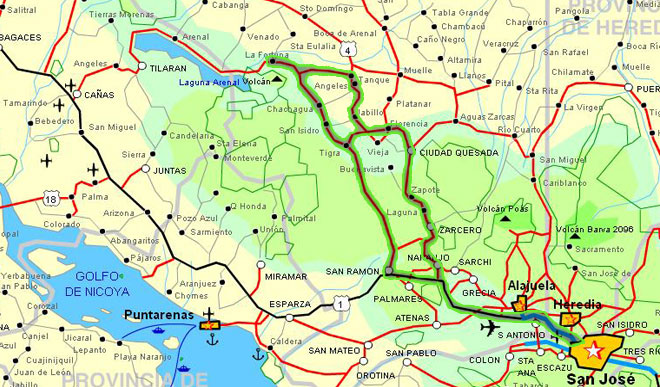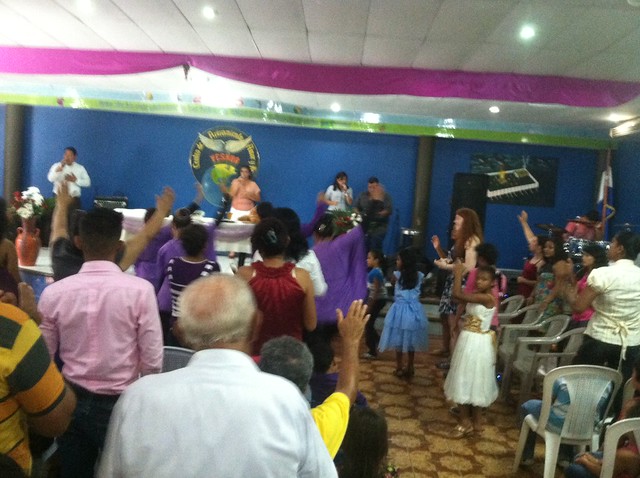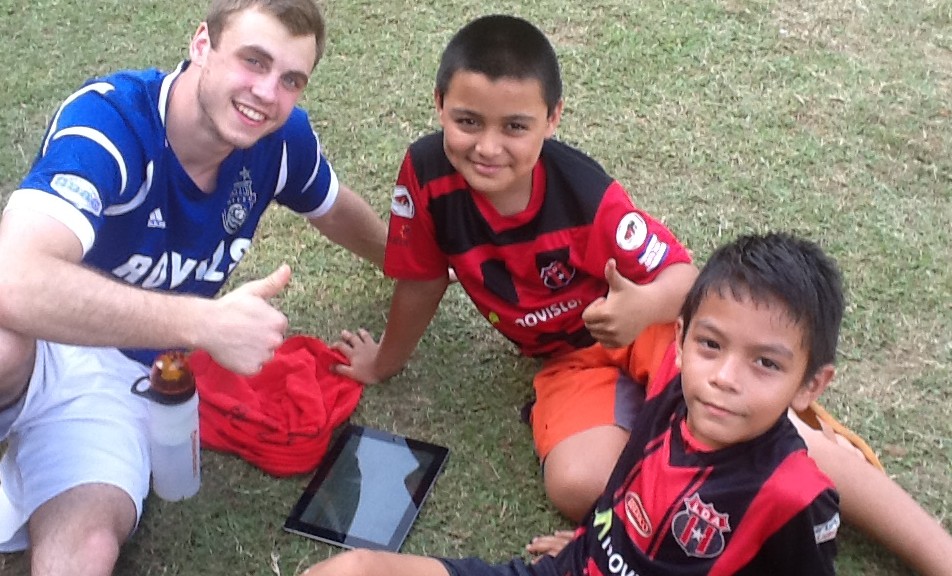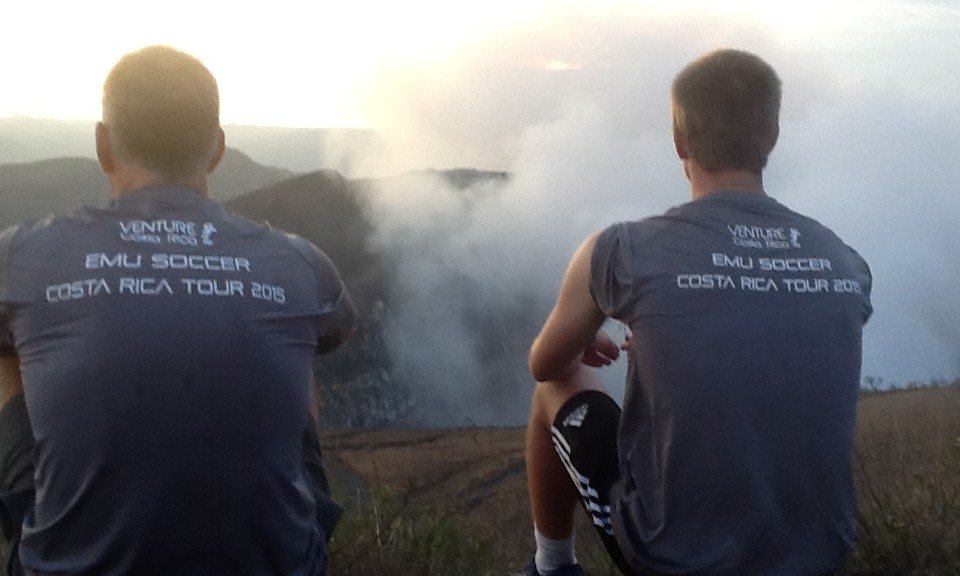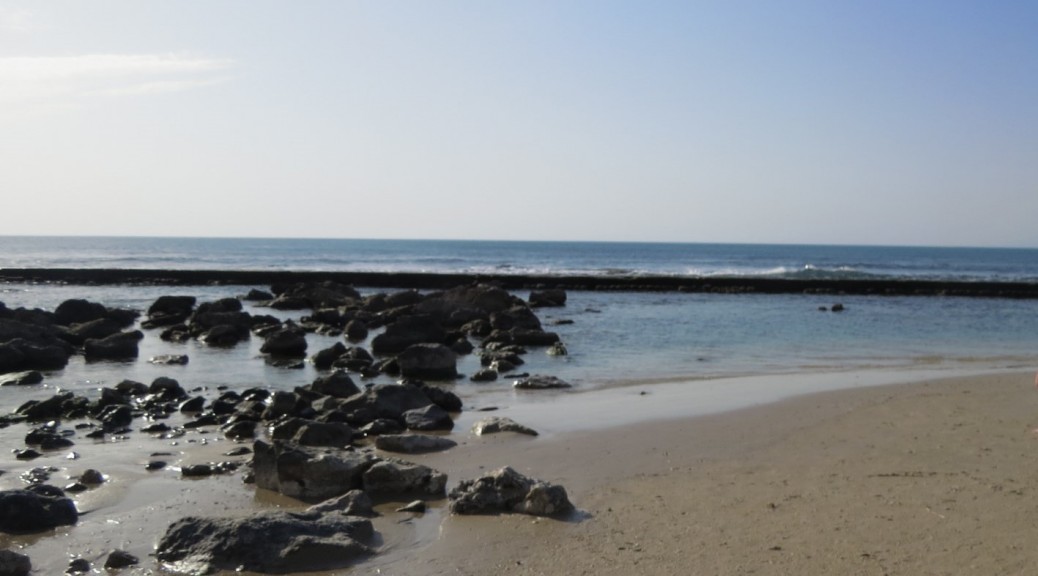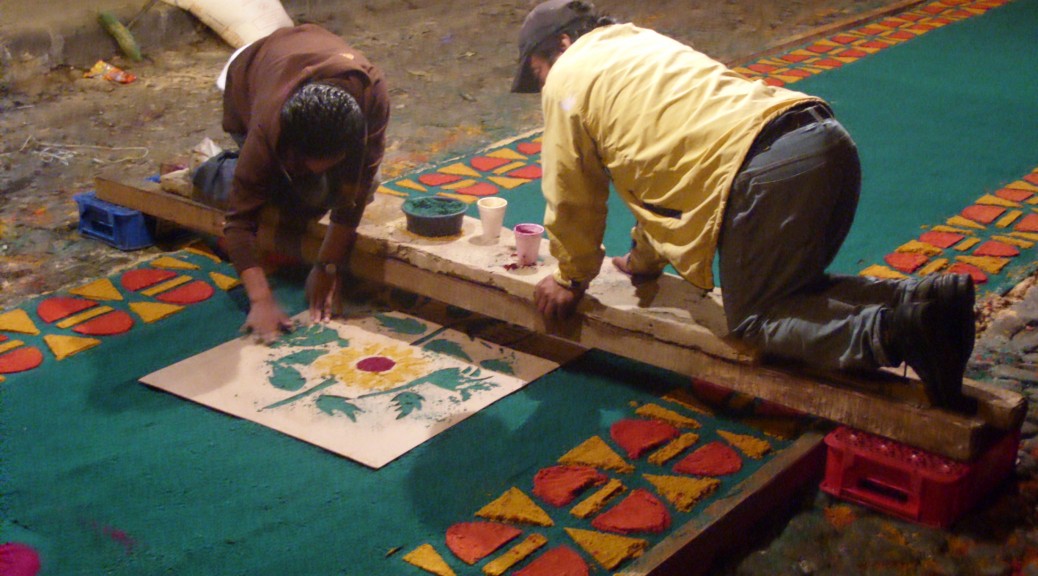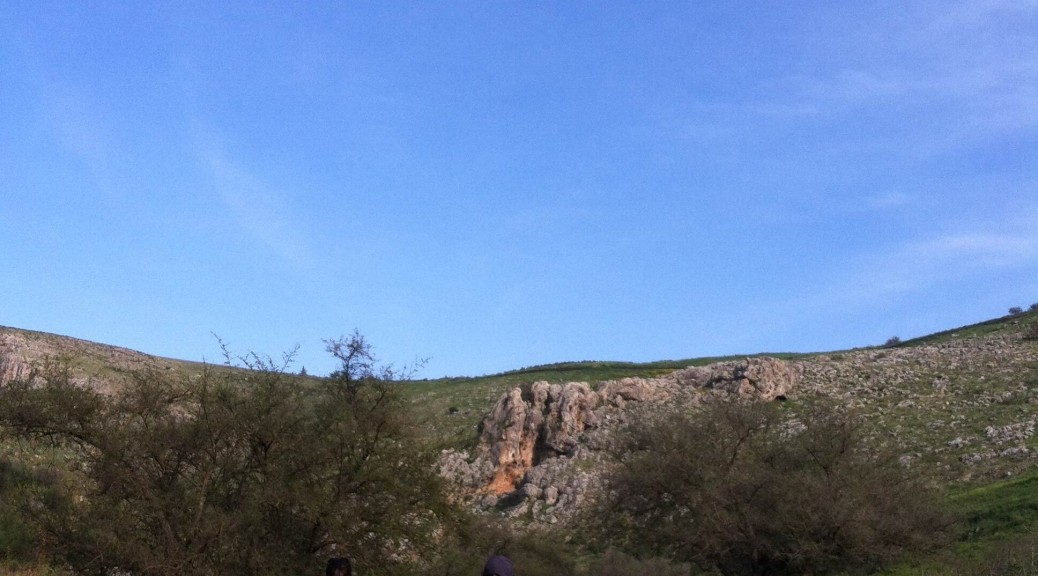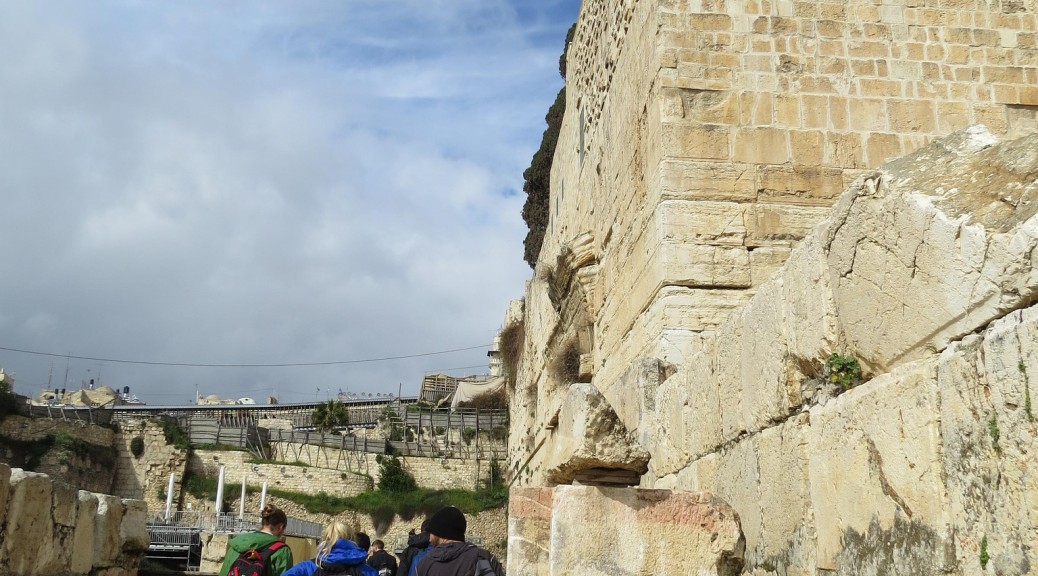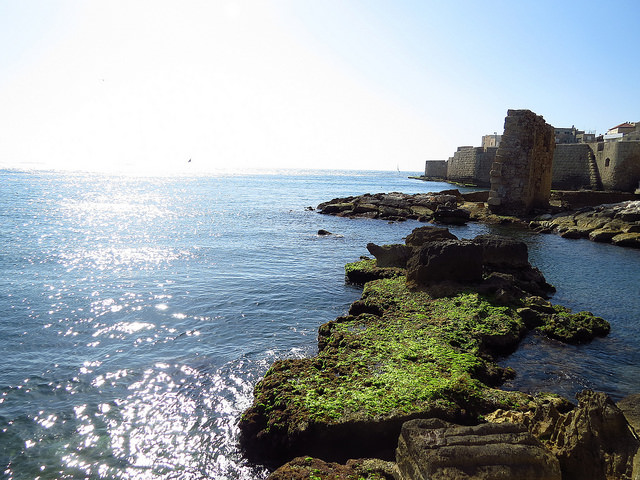Tag Archives: featured
Home stays
Visiting the Maleku tribe
- May 2015
An introduction to Nicaragua
Turning toward home
I walked into the dorm room from my morning shower and he was cooking something on a camp stove on the windowsill. Curious, I asked him, "how long have you been traveling?" From his worn hiking pack and sun kissed face I could tell that he had spent time … Continue Reading ››
Water
13. April 2015
As we enter our last stretch of time in the Middle East, the focus of our explorations has shifted to the sea - to learning and walking the different types of harbors, to studying Paul's journeys by water (and land), to … Continue Reading ››
La Finca La Loma and Holy Week in Antigua
One in One
One in One
What are the odds that you'll walk the Jesus Trail, put your feet where His once tread, gather the same dust upon your skin?
What are the odds that there will be wildflowers, blue skies full of birds, And fields of wheat all along the way?
What are the … Continue Reading ››
Jewish history and following Jesus’ story in the streets of Jerusalem
Our Top Ten from Hannaton Kibbutz Week
10. Energetic Bar mitzvah Children (around 11 p.m.) - Unfortunately, we were unable to share in the children's excitement for this new phase of life, due to preparing for our presentations and getting some sleep. 9. Druze Meal - We shared a delicious meal followed by a short … Continue Reading ››

